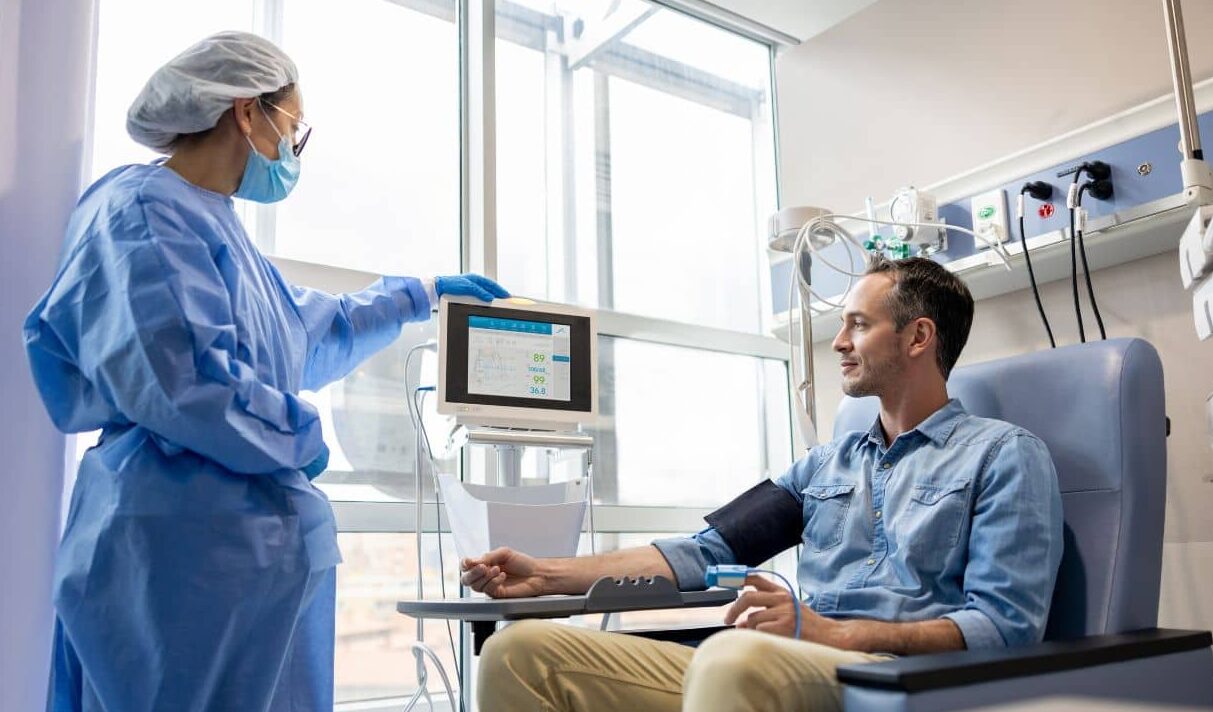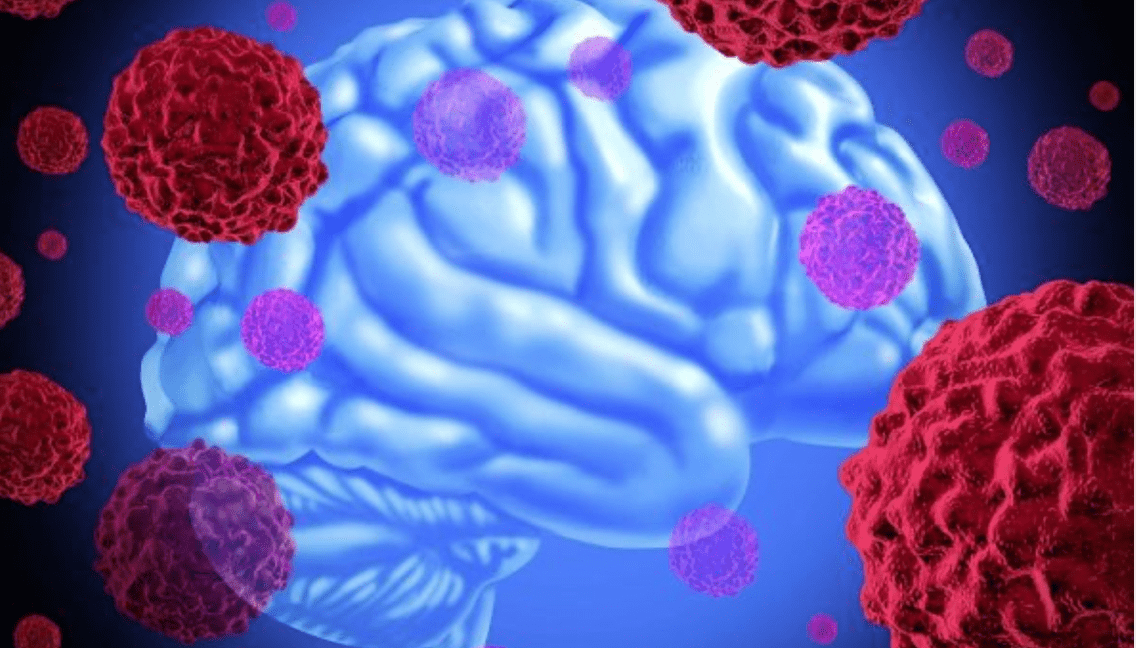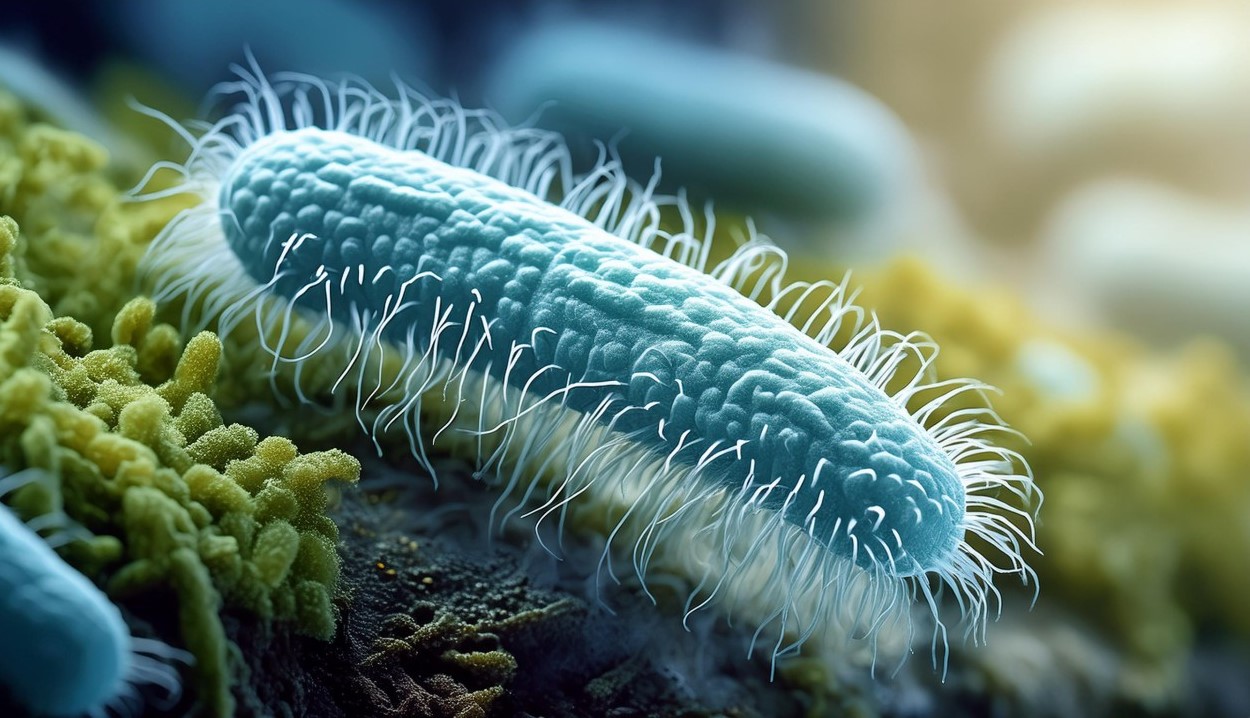-
 News
When glucose levels are low, chemotherapy ceases to affect cancer cells
News
When glucose levels are low, chemotherapy ceases to affect cancer cells
-
 News
Excessive treatment of prostate cancer in older men may reduce quality of life without increasing its duration
News
Excessive treatment of prostate cancer in older men may reduce quality of life without increasing its duration
-
 News
Brain cancer can be cured by viruses
News
Brain cancer can be cured by viruses
-
 News
Ways to reduce lymphatic pain in breast cancer have been found
News
Ways to reduce lymphatic pain in breast cancer have been found
-
 News
Scientists have turned bacteria into a powerful weapon against cancer
News
Scientists have turned bacteria into a powerful weapon against cancer
All news
Cholangiocarcinoma treatment in Turkey
Gallbladder cancer (gallbladder carcinoma) is an extremely rare tumor. It occurs in 2-3% of cases per 100,000 people. Women are 1.5 times more likely to develop the disease than men. The disease is more common in American Indians, Japan, and Eastern Europe, and in these regions, the incidence among men is slightly higher than the average in the population.
Histological types of gallbladder cancer:
- Diffuse-infiltrative form — the spread of the tumor to the entire gallbladder,
characterized by rapid metastasis to other organs, the most common type, - Nodular type-the tumor is a malignant formation in the wall or in the lumen of the gallbladder, it is rare,
- Papillary variety-the tumor is a malignancy of the papilla, it is also rare
The survival rate in this pathology is approximately 20%.
MedTour patients recommend clinics for the treatment of cholangiocarcinoma in Turkey:
I had prostate cancer and I decided to have a surgerv in Medipol clinic. I have heard about it from my friends to did the same surgery here. I was amazed about modern technology in this hospital! Doctors and nurses are super polite and educated. Everyone speaks english and is ready to help in every situation. My turkish surgeon was the best doctor, which I have ever met in my life. Results of the surgery are estounishing. I feel myself great and I am very thankful to MedTour for organizing my medical trip!
Frequently Asked Questions
- The presence of gallstones, especially in the size of 3 cm or more,
- Having a history of a large number of pregnancies and taking estrogens,
- Age over 70 years,
- Mutation in the 7-a-hydroxylase gene, often familial,
- Eating foods high in cholesterol,
- Obesity,
- A history of typhoid fever,
- Occupational hazards such as asbestos, pesticides, vinyl chloride,
- Anomalies of the structure of the bile ducts
- Feeling of fullness in the right hypochondrium,
- Nausea,
- Education in the right hypochondrium,
- Jaundice,
- Dull pain in the right hypochondrium,
- Diarrhea or constipation,
- Fast weight loss,
- Severe weakness and fatigue,
- Itchy skin,
- Darkening of urine and discoloration of feces,
Temperature rise
- Liver cancer,
- Pancreatic cancer and carcinoid,
- Metastases of tumors of other organs,
- Parasitic formations of the liver
- Experienced doctors who specialize in the treatment of gallbladder cancer,
- Technical equipment and the ability to perform the operation laparoscopically and on a Da Vinci robot instead of a large and traumatic open surgery that requires a long recovery period,
- Conducting molecular genetic studies of the tumor with the creation of genetic panels that allow you to select the drug to which the tumor is most sensitive,
- The availability of modern linear accelerators with the IMRT function and allowing for proton therapy, which allow you to give large doses of radiation
therapy and, accordingly, achieve a longer time of stabilization and remission, later switch to narcotic analgesics, - Relatively low cost of treatment
- Chemotherapy $ 6-9,000,
- Radiation therapy $ 3500-9000,
- Operation $ 8-12,000
How to treat gallbladder cancer according to modern world clinical protocols of 2021
Diagnosis of gallbladder cancer
- Biochemical blood test — to understand the patient’s condition, you need to know the level of direct and indirect bilirubin, this is necessary to assess the severity of the patient,
- General urinalysis — to assess the degree of jaundice,
- Fecal analysis — to determine the level of stercobilin and also to determine the level of jaundice,
- Ultrasound -a method of primary diagnosis, in which you can
determine the increase in the gallbladder, its deformation, thickening of the wall, the presence of formations in it. As a rule, more complex diagnostic methods are prescribed after ultrasound, - Computed tomography with intravenous contrast — it is strongly
recommended to perform tomography of three areas at once — the abdominal cavity, chest and pelvis, in order to get an idea of the presence or absence of metastases in them, - Magnetic resonance imaging-is prescribed in addition to computed
tomography, if there is a need to study in detail the structure of the bile ducts or the attachment of the tumor to large vessels, - Puncture biopsy — in some cases, a tumor biopsy can be taken with a special needle percutaneously under the control of ultrasound,
Taking the following cancer markers: cancer-embryonic antigen( REA),
alphafetoprotein (AFP), SF199, - Endoscopic retrograde cholangiopancreatography-examination of the state of the duodenum, pancreas and gallbladder by inserting a sensor into the duodenum,
- Laparoscopic staging-assessment of the prevalence of cancer by minimally invasive surgery, sometimes at the same time a biopsy is taken
Treatment of gallbladder cancer
Surgical radical
- Cholecystectomy-removal of the gallbladder,
- Advanced cholecystectomy-removal of the gallbladder and other organs or parts of organs (most often segments of the liver) due to the involvement of the oncological process in them,
- Liver transplantation-rarely used in clinical situations where the tumor has spread to the liver
Surgical palliative care (treatment that improves the condition, but does not
completely cure it)
- Cholecystostomy-creating a hole in the gallbladder, which allows you to
remove bile from it with the help of drainage, - Creating an anastomosis — in cases where the tumor blocks the natural bile outflow pathways, they are created artificially,
- Cytoreductive surgery-removal of the maximum possible tumor so that the tumor does not create mechanical obstacles to the outflow of bile
- Chemotherapy — not very effective for gallbladder cancer, but is used in the later stages,
- Radiation therapy-rarely used, usually to reduce pain,
- Photodynamic therapy-the use of light of a certain length in combination with a pharmaceutical product-a photosensebilizer-to destroy the tumor
Published:
Updated:


Information on this webpage verified by the medical expert






I want to share my experience with Liv Hospital, where I had a prostate removal surgery due to cancer. From the very beginning, everything was well-organized – the staff helped me with all arrangements, and the doctor explained everything in detail. The hospital itself is very modern and clean, which made me feel more comfortable.
The surgery went well, and I was surprised how fast I started recovering. Now, a few months later, I feel much better and my tests show good results. I’m really grateful to the doctors and nurses at Liv Hospital for their professionalism and care. If anyone is looking for high-quality prostate cancer treatment, I can definitely recommend this place.